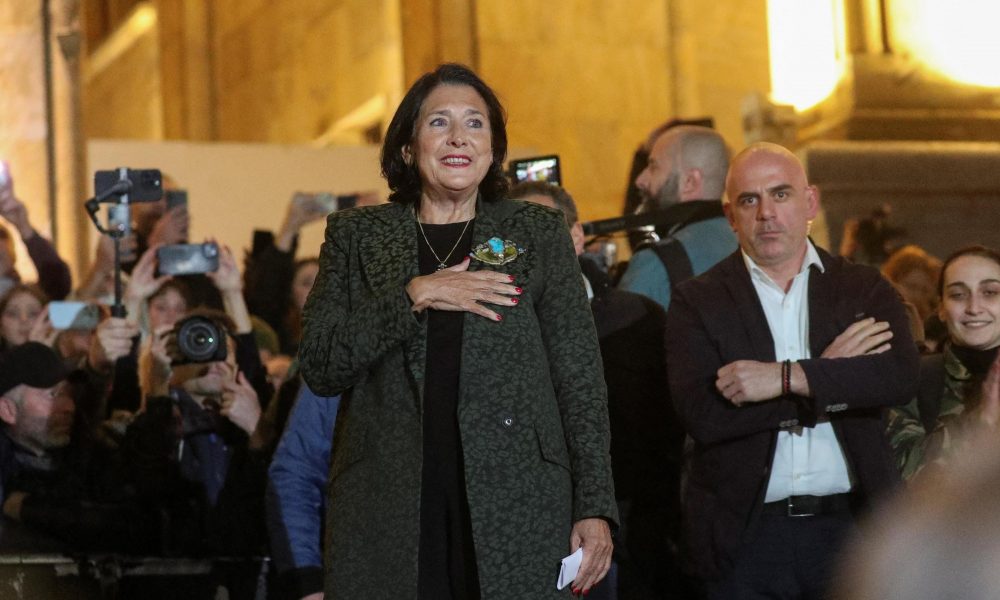
Historic Georgia Election Results Stir Controversary as Ruling Party Celebrates “Landslide” Victory

The Georgia elections this year have sparked intense reactions across the country and internationally. Georgian Dream, the ruling party, claimed a landslide victory with just under 54% of the vote, consolidating their power for a fourth consecutive term. But this outcome, celebrated by Prime Minister Irakli Kobakhidze and his party, did not come without controversy.
Allegations of electoral irregularities and vote manipulation have led opposition parties and international observers to question the legitimacy of the results.
Newly elected Prime Minister Kobakhidze admitted to minor “irregularities” but dismissed allegations of widespread fraud. He assured that the vast majority of polling stations operated peacefully. This official narrative, however, sharply contrasts with the claims of the opposition, who argue that the elections were skewed in favor of Georgian Dream.
As Georgia seeks a stable democratic future, these election controversies highlight the challenges it faces in balancing domestic political dynamics and its aspirations for closer ties with the West.
Georgian Dream Secures an Outright Majority Amid Skepticism
In a decisive victory, Georgian Dream secured 53.94% of the vote, cementing its position as the dominant political force in Georgia. For the ruling party, this success is seen as an affirmation of their leadership and policies. Georgian Dream leaders proudly declared the outcome a mandate from the Georgian people.
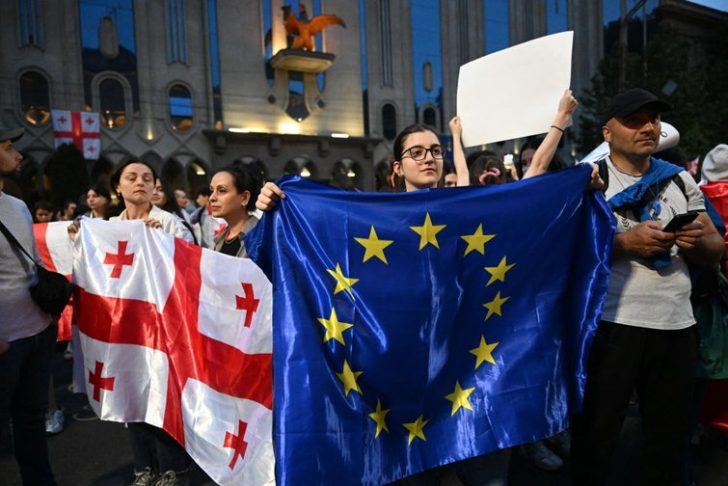
Telly / Georgian Dream – led by the new Prime Minister Irakli Kobakhidze – a historic 53.94% vote in the elections.
This victory, they argue, reflects a strong endorsement of Georgian Dream’s vision for the country, particularly its promises of economic growth and social stability.
Yet, this narrative has not gone unchallenged. Critics argue that the playing field was anything but fair. Opposition parties, led by groups like Coalition for Change and Unity (UNM), raised alarms over what they perceive as widespread electoral misconduct. Allegations range from vote-buying to interference, tactics that opposition members claim were intended to suppress their votes.
With deep-seated grievances, opposition leaders have pledged to rally their supporters and pursue legal channels to contest the results.
Opposition Outcry and Calls for Justice
The response from Georgia’s opposition parties has been vocal and unyielding. Disappointed by the outcome, they contend that the election process was flawed, casting a shadow over the validity of Georgian Dream’s win. Coalition for Change, Unity (UNM), and other opposition groups have publicly denounced the elections, calling them a farce designed to keep the Georgian Dream in power.
Opposition leaders have mobilized their base, planning rallies outside the parliament building to express their discontent and demand accountability.
However, these protests are no just about the latest election. They reflect a deeper disillusionment within Georgian society. Many voters feel disempowered, questioning whether they truly have a voice in the political system. The unrest underscores a critical issue in Georgian politics: The need for transparent, trustworthy elections. With mounting pressure from within and abroad, the government faces the challenge of addressing these grievances to avoid further political instability.
EU and US Demand Transparency
The international community has not stayed silent on the Georgia elections. Both the European Union and the United States have voiced concerns over the reported irregularities and expressed support for a thorough, independent investigation. The US Secretary of State, Antony Blinken, urged Georgian leaders to respect democratic norms and uphold the rule of law.
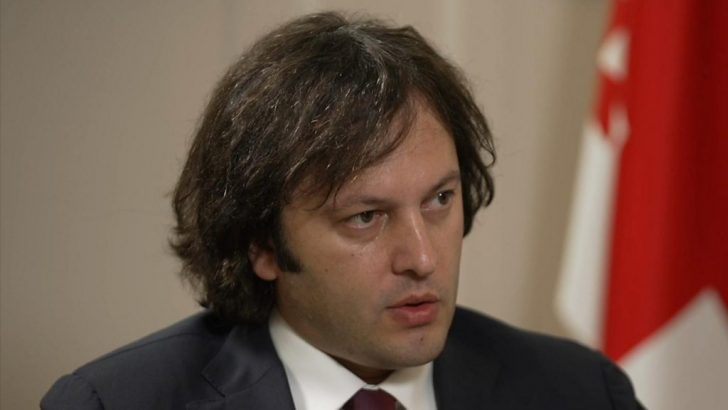
Marca / The EU and the U.S. have asserted that they are closely watching how Georgia manages this situation, as the country’s actions could impact its future relationship with Europe.
For Georgia, these external criticisms hit at a sensitive time. The nation’s aspirations to join the EU are popular among its citizens, with roughly 80% expressing a desire to be part of the 27-member bloc.
However, the EU has frozen Georgia’s membership bid due to what it terms “democratic backsliding.” This label, a response to recent government measures seen as restricting freedoms, illustrates Europe’s growing frustration with Georgia’s political trajectory. Thus, for the Georgian Dream, regaining the EU’s favor may require serious reforms to address these democratic deficiencies
More in News
-
`
Clare Cavanagh’s Top 10 Funniest Moments on the Internet
When it comes to online humor, Clare Cavanagh is someone who knows her way around a good laugh. As a comedian...
August 29, 2024 -
`
House and Senate Unite to Boost Maternal Health Options Across Massachusetts
The Massachusetts Legislature is taking significant steps to improve maternal health care across the state, with both the House and Senate...
August 24, 2024 -
`
How to Fix a Broken Tooth? Essential Procedures and Care
Breaking or chipping a tooth can be alarming, but it’s often manageable with prompt dental care. If a tooth is chipped,...
August 9, 2024 -
`
Enjoy a Day of Fun at the Shark Petting Zoo in Florida
A visit to the shark petting zoo in Florida is an experience that combines excitement, education, and unforgettable memories. This unique...
August 1, 2024 -
`
Is Melania Divorcing Trump if He Secures a Second Term?
As Donald Trump campaigns for a potential second term, Melania Trump’s conspicuous absence from his side has sparked speculation. With Trump’s...
July 25, 2024 -
`
The Complete Relationship Timeline of Sam Rockwell and Leslie Ribb
When it comes to Hollywood couples, few are as enduring and beloved as Sam Rockwell and Leslie Bibb. Their relationship, which...
July 15, 2024 -
`
5 Handy Ways of Getting Blood Out of Sheets
Waking up to a blood stain on your bedding is an unpleasant surprise. Figuring out how to get blood out of...
July 10, 2024 -
`
Will Ferrell’s Funniest Moments – The Best Quotes and Scenes
Will Ferrell, known for his outrageous humor and unforgettable characters, has delivered countless lines that have become ingrained in popular culture....
July 6, 2024 -
`
Mexico’s Top Detective Apologizes for “Inadequate” Fentanyl Comments
In April 2024, Felipe de Jesus Gallo, Mexico’s top detective, made a statement that stirred up controversy. During a U.S.-Mexico conference...
June 26, 2024




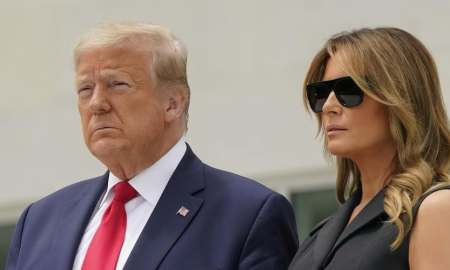


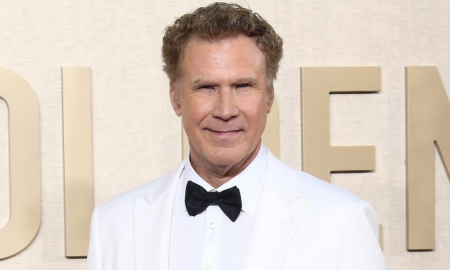
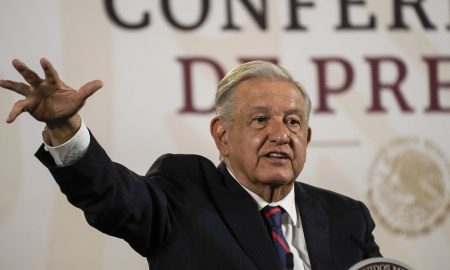


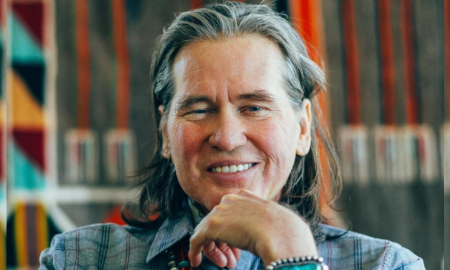


You must be logged in to post a comment Login